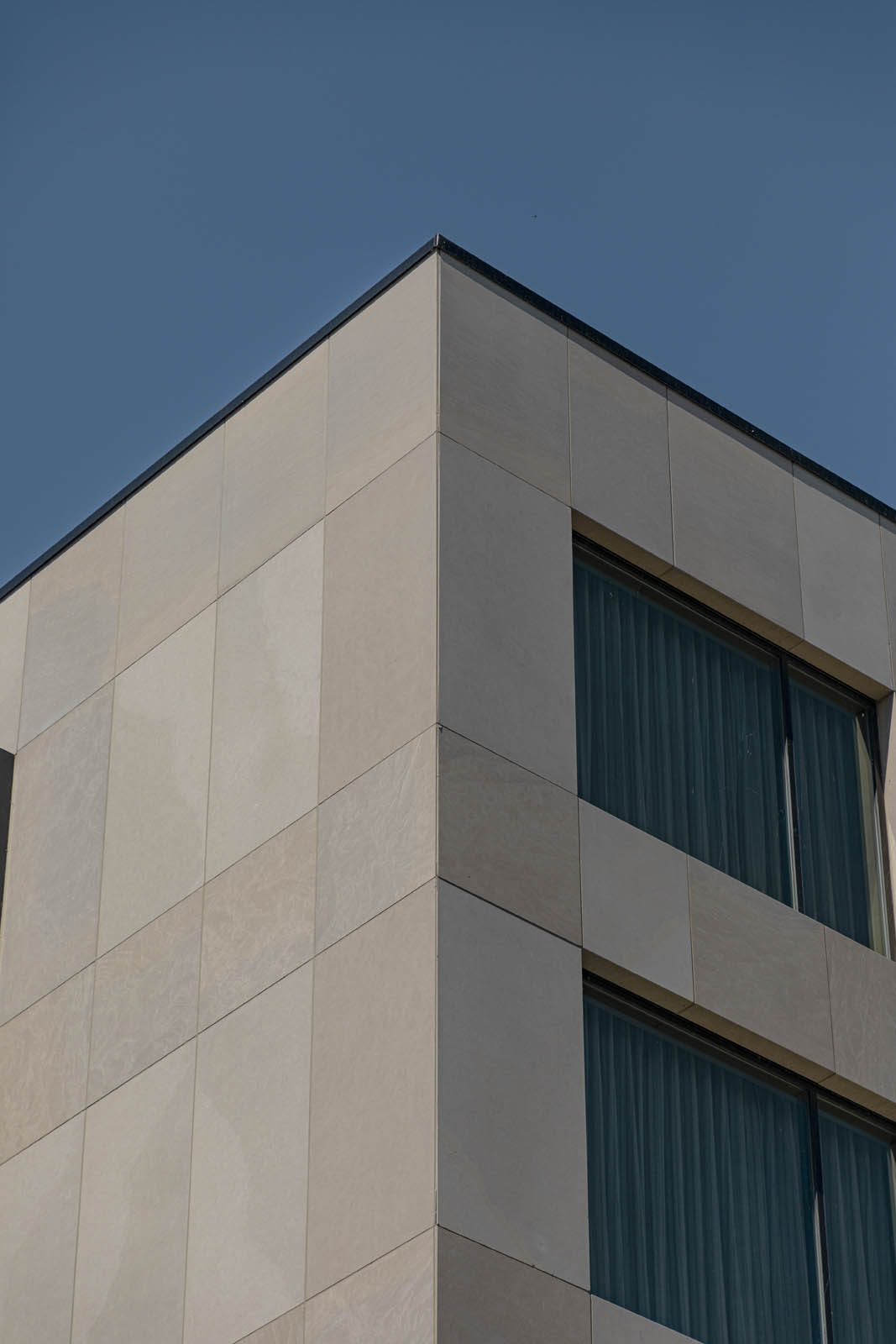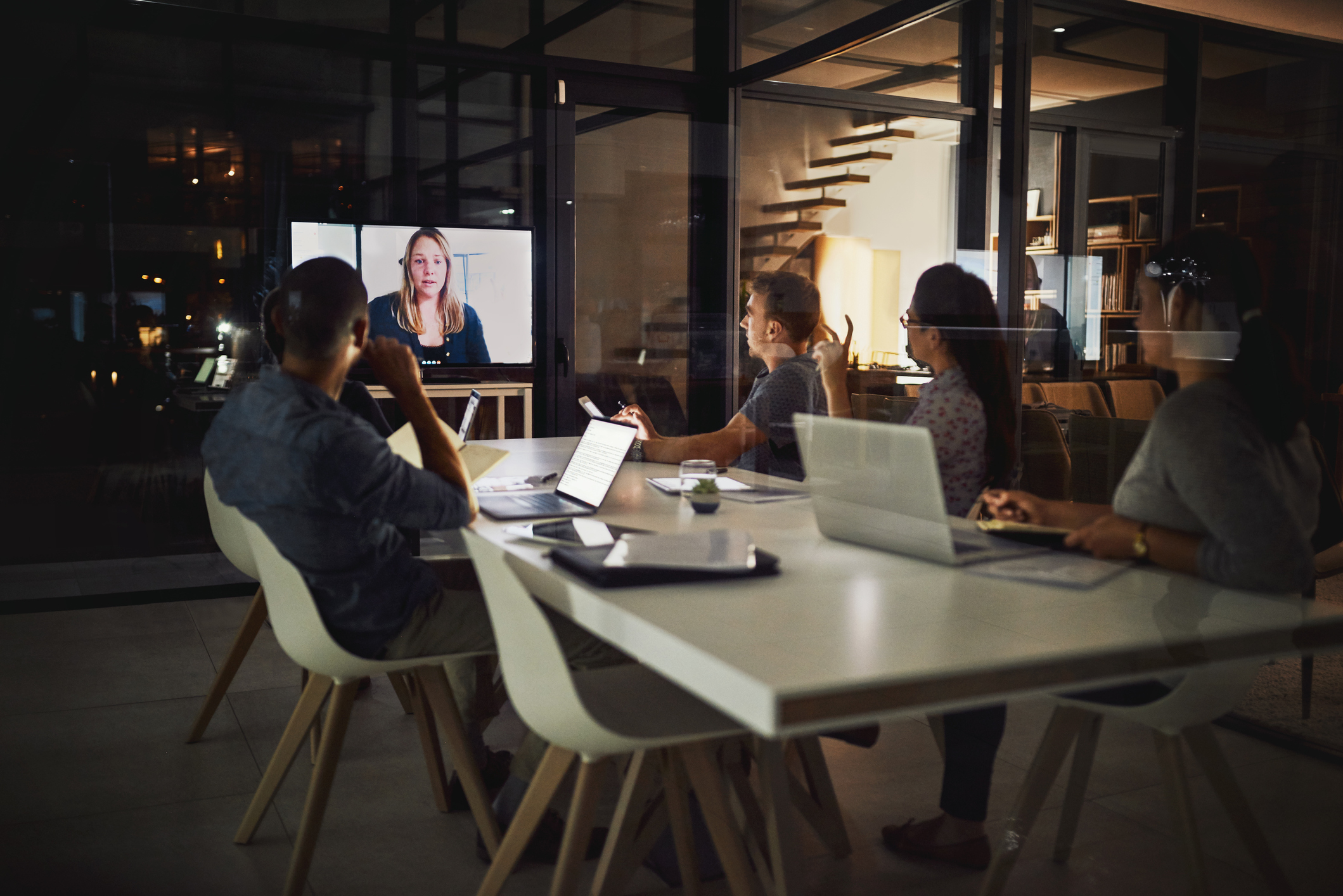
Coronavirus (COVID-19): #MRX Strategies During a Global Outbreak
Filed Under: Best Practices, COVID, Market Research, Tools & Techniques, Immersive Online Discussions, Qualitative Research

Shaili Bhatt
Alum, Online Qualitative Research
Someone breaks into a deep cough on a crowded street corner. Another person sneezes on a train. Everyone stares. We are living in the era of the novel coronavirus, officially known as COVID-19. There are still many unknown factors of this disease, including how contagious it is, and when there might be a solution for global containment.
The World Health Organization (WHO) has escalated COVID-19 from a public health emergency into a global pandemic. A pandemic includes, by definition, a lack of available treatment, an absence of human immunity in the general population, and an ability to spread easily from person to person. While vaccine candidates are currently undergoing Phase 1 studies (which only tests for safety), it is anticipated to take several months to a year before we know if any of these candidates are effective at preventing infections before widespread implementation.
An outbreak on the scale of COVID-19 is impacting our global economy as it is unfolding, and this situation is undoubtedly impacting the Market Research industry in the weeks, and likely months, to come. The current objective of avoiding this virus warrants a sense of vigilance toward the outbreak vs. feeding into the panic.
STAYING ALIVE

Health and hygiene products—from brands such as Purell, Clorox, Lysol, Kleenex, Johnson & Johnson—are providing a strong feeling of preparedness in personal/home healthcare stock-ups. Steven Taylor, a clinical psychologist and author of The Psychology of Pandemics, looks at how people behave and respond to pandemics. According to Taylor, since people are social creatures, pictures of empty store shelves feed into panic buying: “What started as perceived scarcity becomes actual scarcity.”
Meanwhile, the hospitality industry is suffering the consequences of consumer fears as well as mandated and “self-quarantine” measures, as entire countries go into lockdown. Restaurants, hotels, cruises, entertainment, and other businesses find more consumers practicing in-home isolation as a precautionary measure—even if they haven’t contracted the virus.
Anecdotally, shoppers who venture out of their homes appreciate having ready-access to hand sanitizer stations when washing their hands isn’t an option, for example, after they’ve shared shopping carts and baskets. When conducting in-person research, we are being mindful of the health of our clients and participants by ensuring a thorough cleaning between sessions and having sanitizer readily available. This can go with the other considerations for in-person research.
Market research teams should be encouraged to discuss effective ways to protect their recruitment and the safety of their facilities. Although moderators may be willing to travel, keep in mind that cities can potentially start restricting travel so they may be unavailable to reach another part of their fieldwork on time.
REJECTING XENOPHOBIA
Even as recoveries from COVID-19 are on the rise in China, Asian-owned businesses at large—from urban Chinatown retailers to local mom-and-pop restaurants—are being disproportionately criticized and suffer from an unjust stigma due to COVID-19-related racism.
Increasing xenophobia that stems from the origination of the virus in East Asian countries has targeted people with East Asian heritage with racist attacks, including threats and physical assaults. This dangerous ideology disregards the fact that people of every racial background could be harboring the virus.
In market research, it is worth mentioning that it is a poor practice to dismiss—and discriminate against—a participant from a research opportunity based on their appearance. Speaking out or raising concerns about discriminatory practices is both challenging and complex. Nevertheless, research directors and recruiters should be encouraged to push back on fear-based requests to limit participation from any specific race/ethnicity.
Some other considerations for face-to-face research:
- Consider asking about past 30-days travel and illness-related questions in the screening process, including day-of follow-up calls to check for any developing symptoms or illness.
- According to the WHO, the incubation period for COVID-19 is approximately 5 days before symptoms of the disease will show. Allow an option for participants to easily bow-out if there is any doubt of illness before they arrive at the facility, to prevent putting everyone’s safety at risk.
- When participants arrive at the facility, receptionists and hosts should remain vigilant to check for any visible respiratory illnesses and/or other flu-like symptoms, such as fatigue, cough, sinus congestion, fever/chills, excessive perspiration, nausea—including requests for multiple bathroom visits as they wait.
RISK REDUCTION WITH DIGITAL FIELD WORK
As tempting as it may be to take advantage of reduced airfare, client teams are being asked to minimize team travel and exposure to COVID-19. Instead, there is greater interest in services using live video streaming to remote locations, while the moderator conducts face-to-face interviews and focus groups at a market research facility or other venues. In fact, there are myriad ways to engage with consumers without the need to travel.
- Livestreaming services, like FocusVision, are standard equipment in many focus group facilities; and services like Hark Connect are also providing portable solutions at non-traditional research locations.
- Notably, research-oriented software providers like these include a “virtual backroom,” which effectively hides remote client viewers from the participant(s).
- There is also a live chat feature for remote viewers to interact with each other and curate questions for the moderator in real-time.
We are also noticing a slight increase in requests to incorporate more remote/digital methodologies, which have proven to offer impressive flexibility, especially in the past decade. Different from quantitative surveys, online qualitative methodologies are designed to include professional moderation for follow-up questions and clarifications. Here are a few examples of digital fieldwork that we’ve been conducting:
- Webcam interviews (1-on-1s/groups)
- Live video conversations from the comfort of home or work
- Ability to show stimuli, good for top-of-mind reactions
- Remote webcam shop-alongs
- Live video feed shared by shoppers from a brick-and-mortar store or screen-sharing their ecommerce experience
- Online discussion boards and shopping missions
- Immersive digital community with thought-provoking activities and exploration via text, pictures and/or video responses
- Online co-creation/digital mash-ups
- Consumers work together to imagine and create better products or services in an online creative hub
- Ability to “like” and “comment” to build on each other’s ideas
Digital fieldwork is helping to minimize client travel and comply with new corporate health and safety policies that are particularly in effect during this outbreak. This may also offer a safer approach for projects that are studying older segments of the population, who have proven to be increasingly adept with using the internet and have access to laptops/computers.
In many countries, including the United States, COVID-19 is expected to “get worse before it gets better,” according to Dr. Maria Van Kerkhove, technical lead of WHO’s emergencies program. Van Kerkhove has traveled to China and was part of a team that noted a decline in cases since earlier this year. (China implemented quarantines and lockdowns, which are “aggressive” tactics that are unlikely to be used in every country.) She is one among many experts who foresee infections from the virus continuing to surge and cause significant disruptions in months to come.
But for now, we all should be reminded of commonsense precautions while traveling, including avoiding handshakes and other types of contact when greeting each other. Above all, whether you are traveling or not, it is important for market research teams/practitioners to remain vigilant and practice prolonged hand-washing, cleaning entire hands, and wrists. Get your 20-second hand-washing song if you don’t have one. And, Since COVID-19 is a day-by-day situation, it is advisable to have a back-up plan (and possibly make time to practice a simulation) on what you will do if the crisis gets worse, stabilizes yet continues, or abates.
While these research design and fieldwork approaches will vary from company to company, I have shared what I’ve observed in the early weeks of this epidemic.
For information regarding C+R’s client support or other perspectives on market research during the COVID-19 pandemic, please see our colleagues’ blog posts:
explore featured
Case studies

